Top 10 change makers in 2018
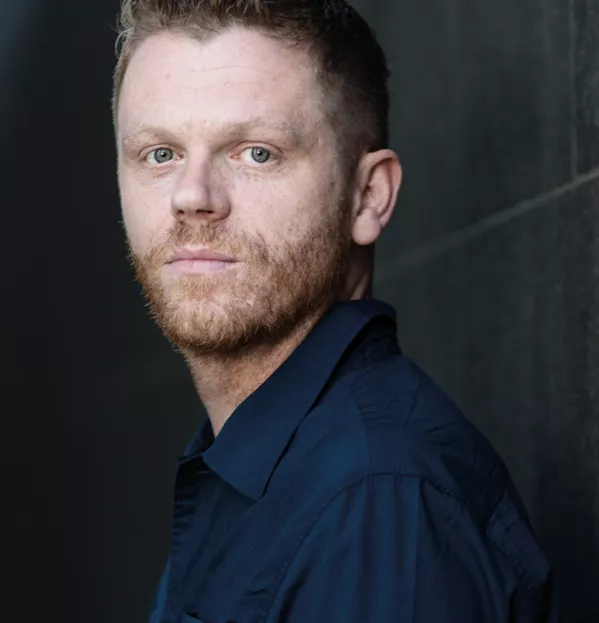
Tes Scotland person of the year: Darren McGarvey
Has there ever been a book that has captured the attention of Scottish teachers like Poverty Safari? It’s become something of a sacred text, cited time and again as a key to understanding pressing educational issues such as the attainment gap, mental health and adverse childhood experiences.
Perhaps the most significant message for education from author Darren McGarvey, the Tes Scotland Person of the Year, is this: health must be as central to school life as learning if troubled pupils are to thrive.
McGarvey, whose book won the Orwell Prize for non-fiction, believes health services - including mental health professionals - should be “integrated into school” wherever possible. People have said things like this before, but McGarvey has emboldened teachers into action like few others.
The social activist and rapper, who also goes by the pseudonym Loki, tells Tes Scotland: “I think we need to move to a more trauma-informed culture within education, for those kids that are at the sharp end, whose journey of social exclusion - which usually ends in a prison cell - will begin in the classroom.”
McGarvey, whose book recounts his often traumatic childhood in Glasgow’s Pollok area, warns that if children find school hostile, the resulting damage reverberates throughout their adult lives.
“For a lot of kids, their experience of school is so bad that it actually hardwires a scepticism of public institutions more generally.”
Schools often demand “strict adherence” to “incentives and social cues which emotionally regulated people are more likely to respond to positively”, he says, while children from more disadvantaged backgrounds struggle to navigate this system.
“If you’re dealing with poverty and stress, you’ve suffered adversity and trauma, your whole perception of fundamental things like risk, for example, and aspiration is really quite different from someone who’s had a nurturing, supportive upbringing.”
For inspiring teachers and articulating to a mass audience what many of them have been saying for years, Darren McGarvey is Tes Scotland’s Person of the Year.
John Naples-Campbell
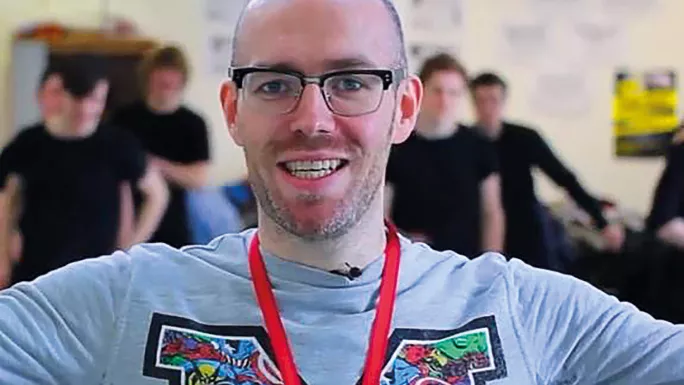
In the era of #MeToo and in a year during which Scotland staked a claim to the world’s first “LGBTI-inclusive” education system, John Naples-Campbell was emblematic of how profoundly society is changing.
The Aberdeen-based faculty head of expressive arts has long been fighting for LGBTI rights - he won an inaugural equality and diversity award from the General Teaching Council for Scotland in 2013 - and has spoken openly about his experience as a teenager, some two decades ago, when the homophobic bullying got so bad that he had to take time off school.
In August, he wrote powerfully in Tes Scotland about the online sexual harassment he suffered at the hands of a senior figure in another school, lifting the lid on how gay men - even those in supposedly enlightened spheres such as education - can be targeted by people in positions of power.
He signed off his piece with a simple, defiant message for the perpetrators of such abuse: “Time’s up!”
Pam Steel
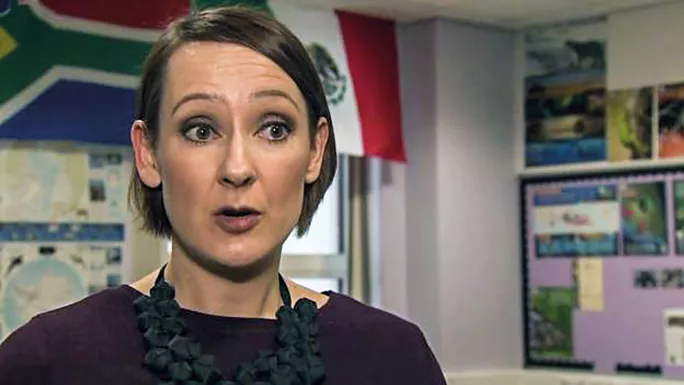
If 2018 was the year when Scottish education really got serious about mental health - with the country’s 10-year mental health strategy urging everyone to raise their game - then no one was doing more for the cause than Pam Steel.
The PE teacher at Wallace High School in Stirling - who had her own troubles as a pupil in the 1990s, but never felt able to discuss them with a teacher - has driven a mental health programme that should inspire educators across Scotland. When Tes Scotland visited earlier this year, the school had 16 staff trained in “mental health first aid”, a weekly mental health group for pupils and a step-by-step process to help any teacher to support a young person with mental health difficulties.
And her big message? It’s not enough to cover off mental health in one corner of the curriculum, such as personal and social education - you’ve got to throw “a big blanket over the whole school”.
Nicola Fisher
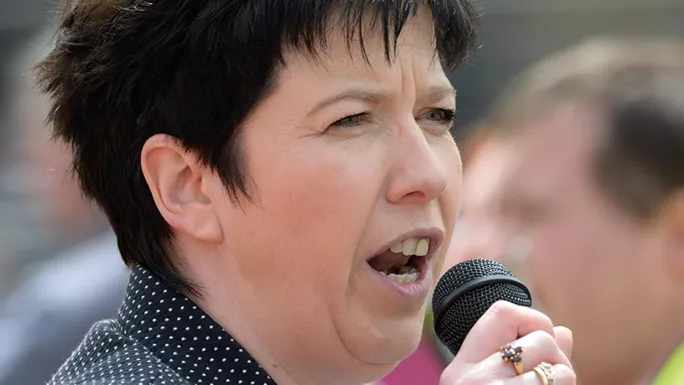
Fisher is no longer president of the EIS teaching union - where she tended to be the waspish wit to general secretary Larry Flanagan’s clunking fist - but her profile, if anything, has grown even bigger since her tenure ended back in June.
Unlike many senior figures in Scottish education, she has embraced Twitter and uses it to flick pithy barbs at any hypocrisy or duplicity that appears on her radar. Fisher was also the first speaker at the rally in Glasgow in October - where 30,000 people marched to demand a 10 per cent pay rise for teachers - and captured the protestors’ blend of righteous anger and giddy incredulity at the scale of the turnout.
And could Fisher possibly have something to do with “Demo Barbie”, the unofficial mascot for the pay campaign? This particular Barbie has escaped from the constraints of generic doll hangouts to become a roving union activist - recently seen on Twitter engaging in battle with a bespectacled Darth Vader, who happens to resemble a certain government minister…
The hummingbird
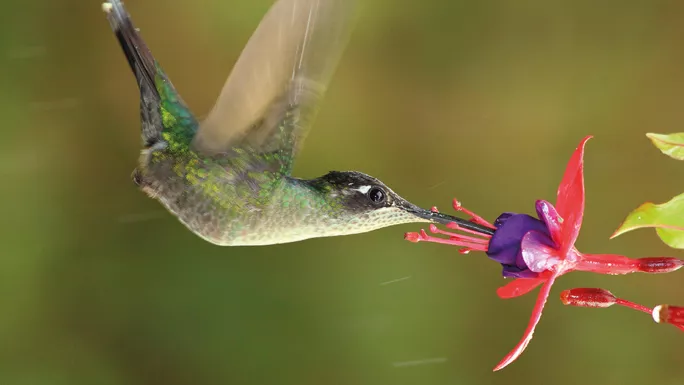
The speed with which the government was blindsided by grassroots opposition to its Scottish National Standardised Assessments (SNSAs) was impressive.
Within months, a few dissenters on social media had mobilised a national campaign.
As the campaign gathered momentum, one of the questions in the inaugural SNSAs summed up what their detractors saw as the ridiculousness of it all. Never mind that the P1 test was multiple choice and regardless of the promise that such a question would never appear again, the fact that four- and five-year-olds were being asked to read a passage about a hummingbird and suggest a synonym for “beak” gave critics all the fuel they needed to fire their opposition.
And what is a synonym for “beak” anyway? The Twitter debate raged about whether the official answer of “bill” was even correct.
By the end of it all, there was no shortage of people wanting to flip the bird to the SNSAs.
Stephen McCabe
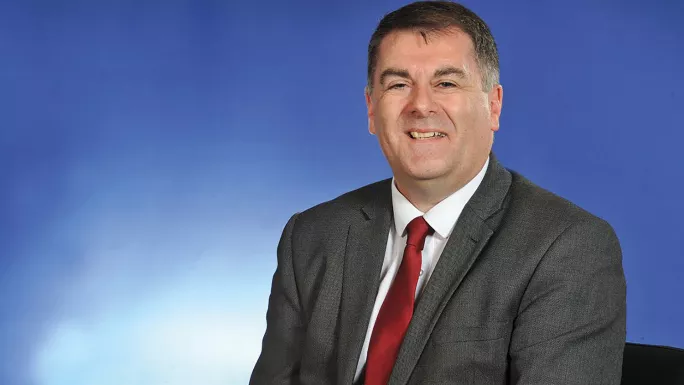
For some, councils are the dead hand stifling Scottish education; for others, they ensure democratic accountability. The Scottish government appears to lean more toward the former than the latter, but so far efforts to reduce their influence have stalled. Last year, its plans for regional improvement collaboratives - originally seen by councils as a power grab - were watered down. Then, in June, there was the “humiliating U-turn” of education secretary John Swinney shelving his flagship education bill.
The man negotiating with the government on behalf of local authorities body Cosla since June 2017 has been Inverclyde Council leader and Labour councillor Stephen McCabe. How much credit this self-confessed “Nat basher” can claim for helping councils retain control over the biggest service they deliver is unclear - but it could just be that the decision to put a big hitter in the role is paying off.
Barry Skea
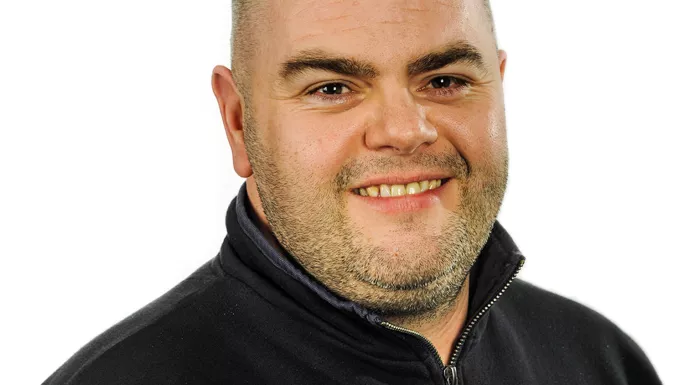
When Ross Megahy jumped onto the podium at the medal ceremony of EuroSkills in Budapest this September to receive his bronze medal, few in the audience could have been prouder than Barry Skea. The head of faculty for engineering and automotive at New College Lanarkshire (NCL) has been the mechanical engineering (CAD) expert for WorldSkills UK since 2012; in that time, he has not only nurtured a number of medallists and Medallion of Excellence winners, but has also developed an astonishing track record of spotting world-class talent in his own college. Betsy Crosbie, WorldSkills Abu Dhabi 2017 and EuroSkills Gothenburg 2016 Medallion of Excellence winner, and Andrew Beel, EuroSkills Lille 2014 gold medallist and Medallion of Excellence winner at WorldSkills Sao Paulo 2015, are both former NCL students.
Despite the funding limitations in Scottish FE, Skea has embedded international standards and best practice from around the world into the curriculum at NCL, making the college a trailblazer in that area.
Jim Metcalfe
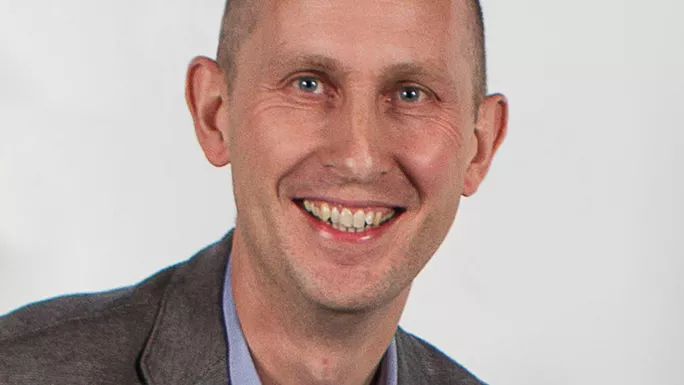
College Development Network (CDN), for which Metcalfe is chief executive, this year not only organised Scotland’s first College Expo - bringing together hundreds of staff from colleges around the country for workshops and networking - but also got the sector some much-needed airtime with the Choose College ad campaign. This was the brainchild of CDN’s marketing and communications network, and even got an airing during one of Scotland’s international rugby matches at Murrayfield stadium. At a time when industrial relations remain challenging and strike action has never been far from the sector’s collective minds, Metcalfe has been the positive, upbeat voice, enthusiastically promoting further education across the UK, as well as on social media.
Anonymous teachers

Many Scottish teachers seemed determined in 2018 to prove that the pen is mightier than the sword. They have written to the Scottish government, posted their concerns in confidence on the new “Dear Madam President” website, and - in a few cases - set up anonymous social media accounts, bemoaning everything from Curriculum for Excellence to the impossibility of implementing inclusion on a shoestring, causing quite a stooshie in the process.
One primary teacher was responsible for Nicola Sturgeon having to endure a deeply uncomfortable First Minister’s Questions in October. The teacher had sent an anonymous open letter to education secretary John Swinney, complaining that one of the “most concerning and frustrating issues” about the country’s education system was the “inability” of teachers to “speak out about the problems we face”. This led to accusations of “a culture of fear” in Scottish education. Ms Sturgeon’s comeback was to invite teachers to write to her with their concerns; 120 of them did so within a month.
The students of Marjory Stoneman Douglas High School, Florida
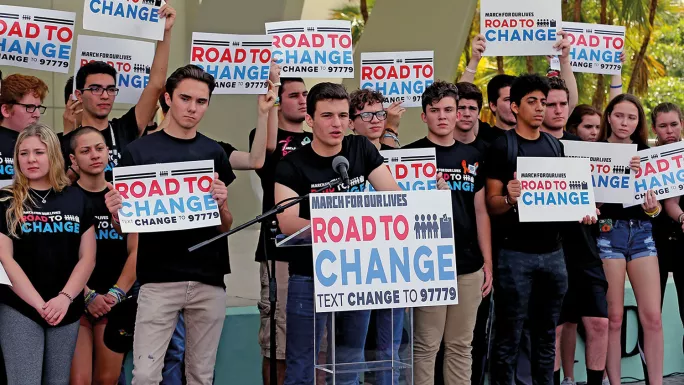
US president Donald J Trump is often compared to a teenager. What an insult to young people everywhere.
At no point has this been thrown into sharper relief than in the aftermath of the Parkland massacre in Florida in February. Watching the speeches, the protests, the passion and the eloquence of the young people of Marjory Stoneman Douglas High School, as they came to terms with one of the worst mass school shootings in even the US’ ignoble history of such events, you could not have failed to become hopeful about the future.
Youngsters whose lives were forever altered by a tragic experience picked themselves up, made their voices heard and pushed for reforms to US gun laws - all while funerals for classmates, teachers and friends took place.
Put simply, they changed the terms of the debate.
Their voices were transported around the globe: their dignity, optimism, anger and eloquence - while Donald Trump humiliated himself time and again - wowed not only the US, but the world.
This is a generation that has grown up with social media and they know how to use its full power to demolish every critic who tries to shame or silence their arguments.
The next time you witness someone attacking the coming generation of young people, remind them of the extraordinary students of Marjory Stoneman.
You need a Tes subscription to read this article
Subscribe now to read this article and get other subscriber-only content:
- Unlimited access to all Tes magazine content
- Exclusive subscriber-only stories
- Award-winning email newsletters
Already a subscriber? Log in
You need a subscription to read this article
Subscribe now to read this article and get other subscriber-only content, including:
- Unlimited access to all Tes magazine content
- Exclusive subscriber-only stories
- Award-winning email newsletters